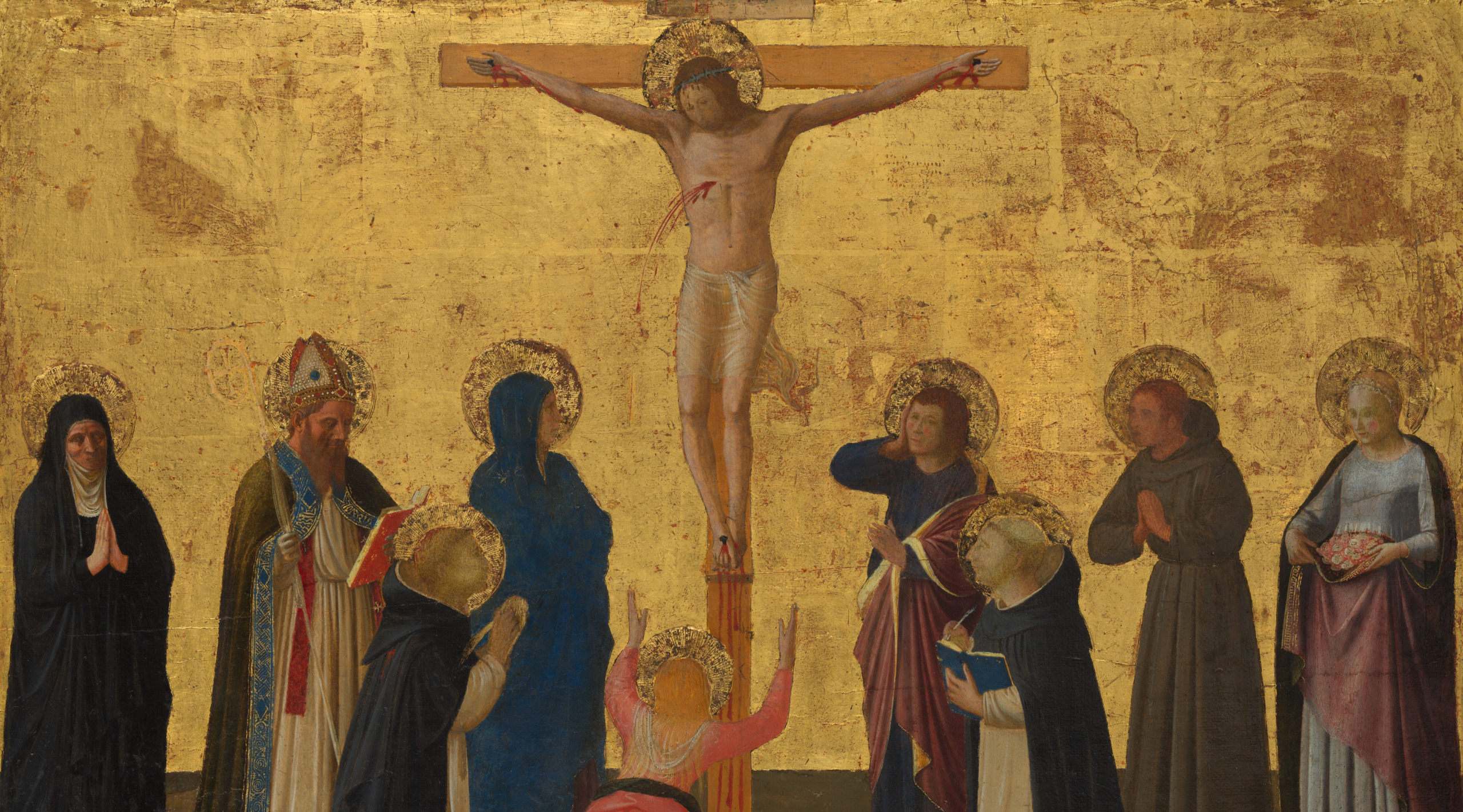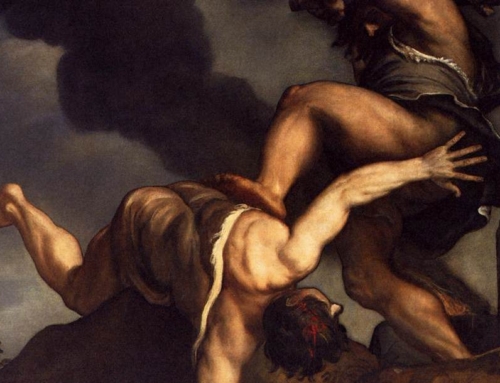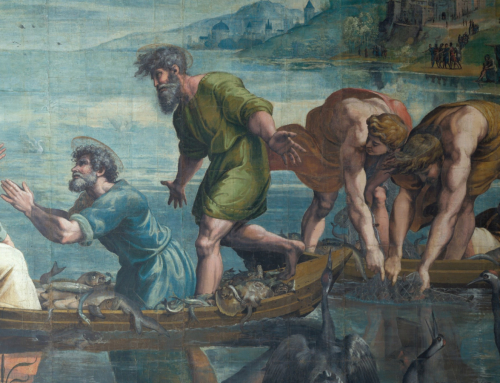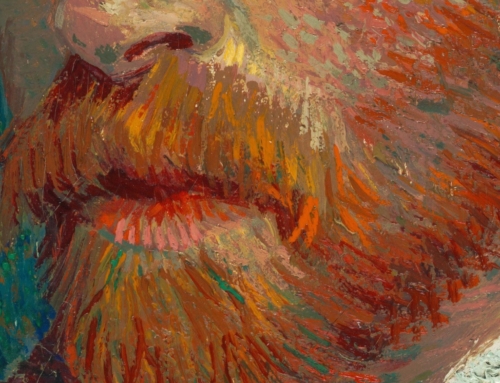When it comes to the worship of God, we quickly realize how little we are and how little our offering is in comparison to God’s greatness and majesty. In his beautiful hymn for the Feast of Corpus Christi, Lauda Sion, Saint Thomas Aquinas invites us to praise the Lord, our Savior and Shepherd, as much as possible, for there will never come a time when it is enough. The Scriptures too have this understanding: “Though we speak much we cannot reach the end, and the sum of our words is: ‘He is the all’” (Sir 43:27). Perhaps even more striking is the Book of Isaiah where, after describing the power and majesty of God against the idols of the earth, the prophet writes: “Lebanon would not suffice for fuel, nor are its beasts enough for a burnt offering” (Isa 40:16). Even the forests and flocks of Lebanon—famed for their abundance and richness—would not suffice for a worthy sacrifice to the Lord. In other words, even after you have offered to God all there is in this world, it is still not enough for perfect worship.
A person may offer to the Lord his work, study, and career, so that he may do all for the praise and glory of God. This is a sacrifice, but “Lebanon would not suffice for fuel, nor are its beasts enough . . .” There is still more to be offered. After a few considerations, he realizes that he could offer to God not only material things, but spiritual things. So he offers to God his joys and sorrows, his anxieties and troubles, his heart. But again Isaiah’s words remind him that “Lebanon would not suffice . . . nor its animals be enough.” After further thought, he arrives at a bold idea: offer to God everything that he has—will, body, and all his possessions. He gives up all that he has so that God may be glorified. Yet still the prophet calls out, “Lebanon would not suffice for fuel, nor are its beasts enough . . .” What else is there? When will it be enough?
The prophet Isaiah unveils a truth both humbling and exalting: the greatness of God transcends the sum of all created excellence. No matter how much you give to God, no measure of earthly wealth, no multitude of offerings can adequately match his infinite majesty. Not even the act of religious vows satisfies. Indeed, nothing would suffice unless God himself were to give us something we could give him.
God did not provide us with something to offer, but someone. In Christ, our offering becomes pleasing. In Christ, the act of perfect worship is accomplished. Christ, the true Priest and Victim, unites our lives and offerings to his sacrifice to the Father. Christ, then, finally answers the prophet: “Lebanon would not suffice for fuel”—no wood is sufficient but the wood of the Cross. “Nor its beasts be enough for a burnt offering”—no lamb is enough but the Lamb of God. If we were to offer everything we have to God and to others, but not in union with Christ—that is, without charity—it would be worth nothing. But if we were to offer everything to God with Christ, with charity, then our small and humble offering is worth much more than all the woods of Lebanon and all the animals thereof.
✠
Image: Fra Angelico, The Crucifixion







